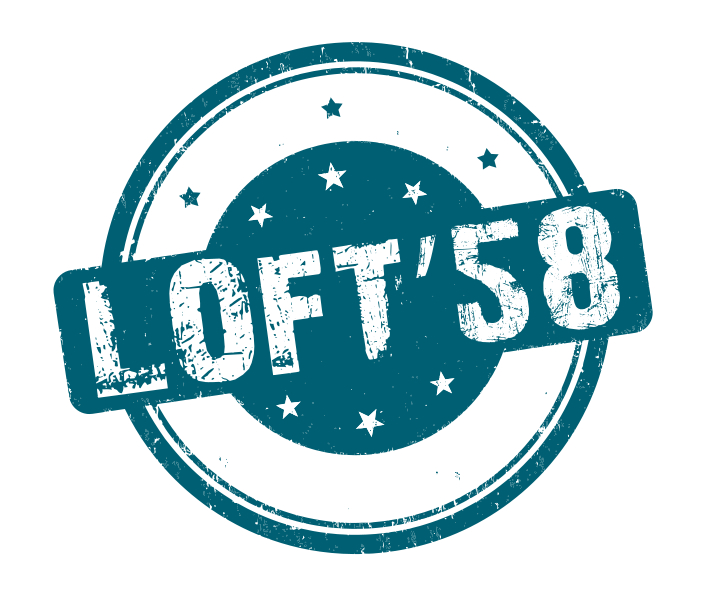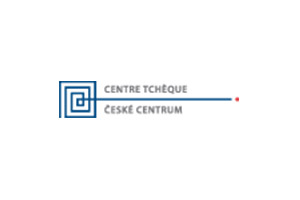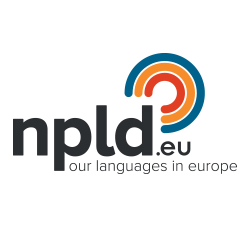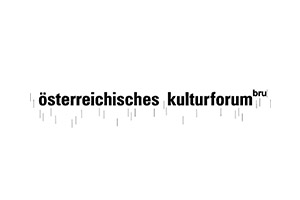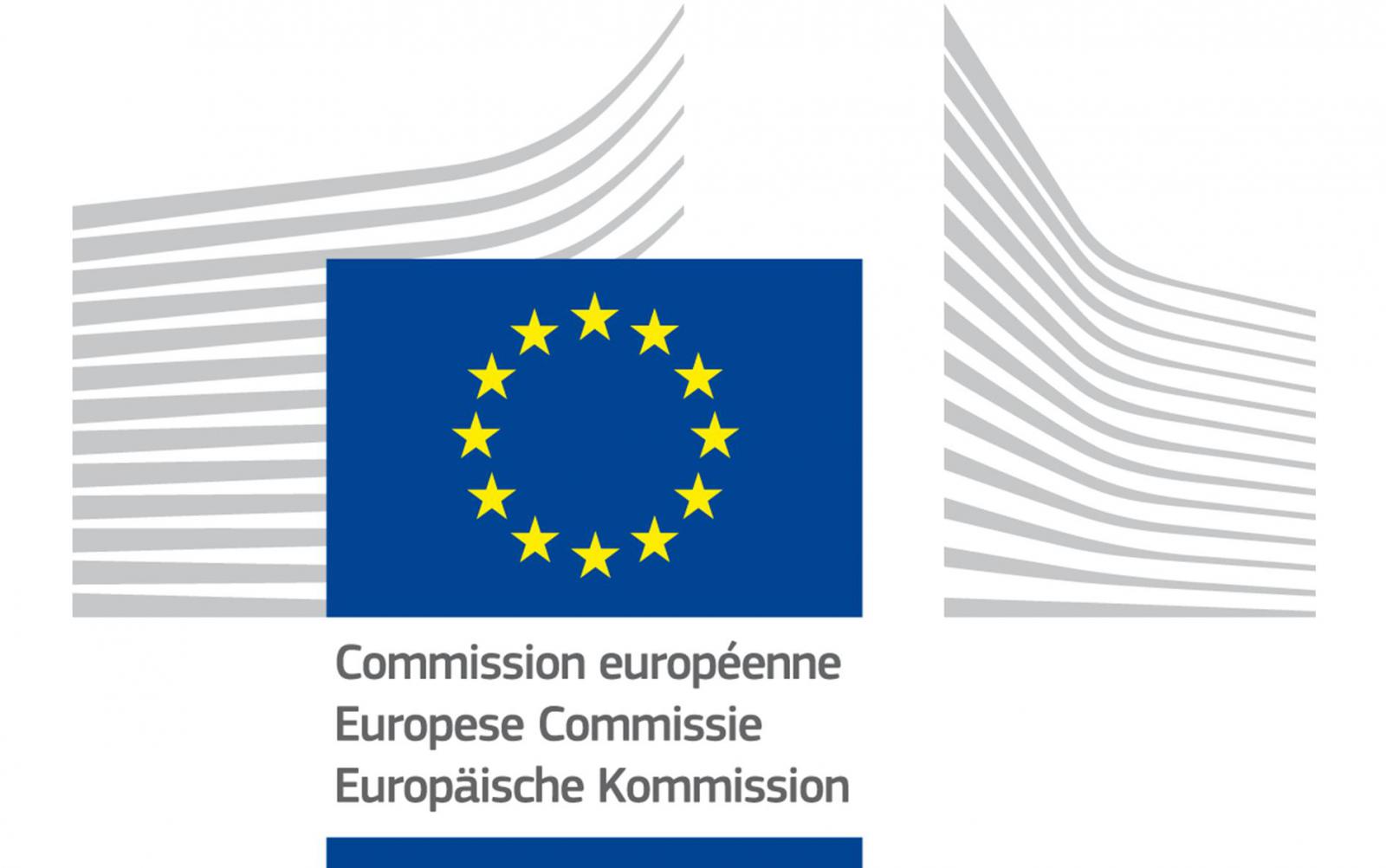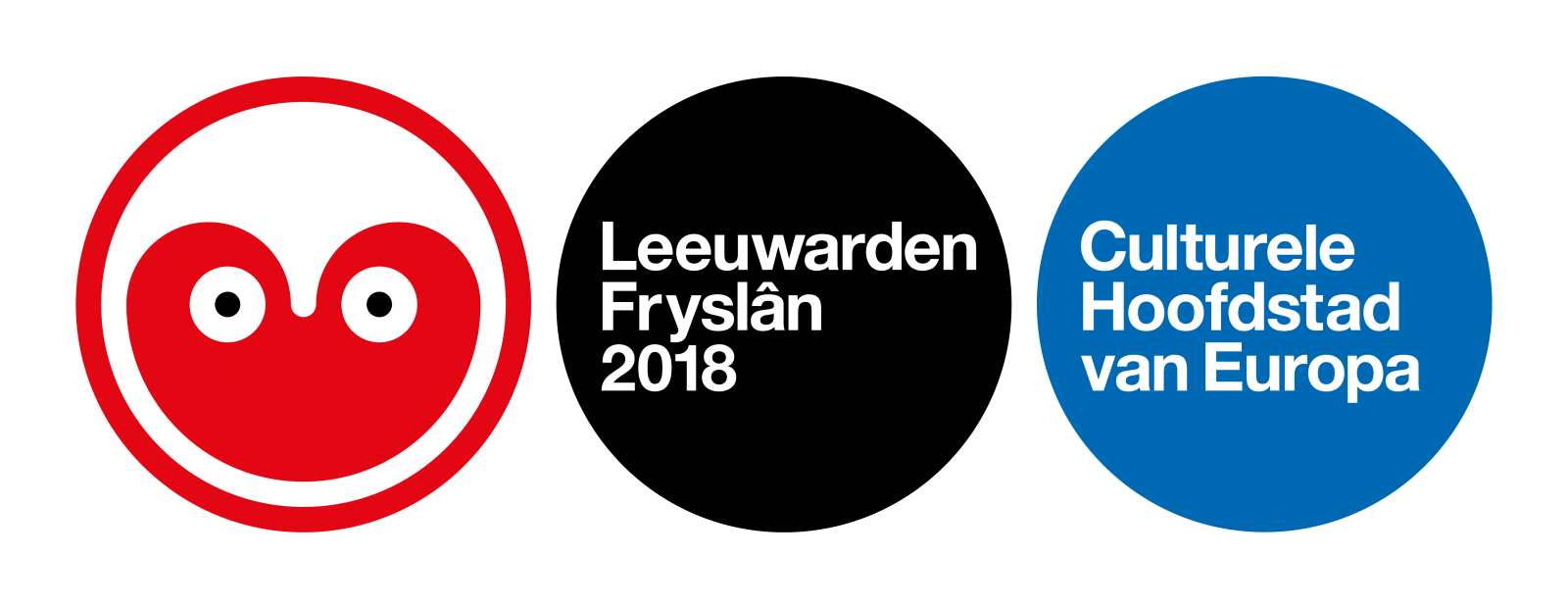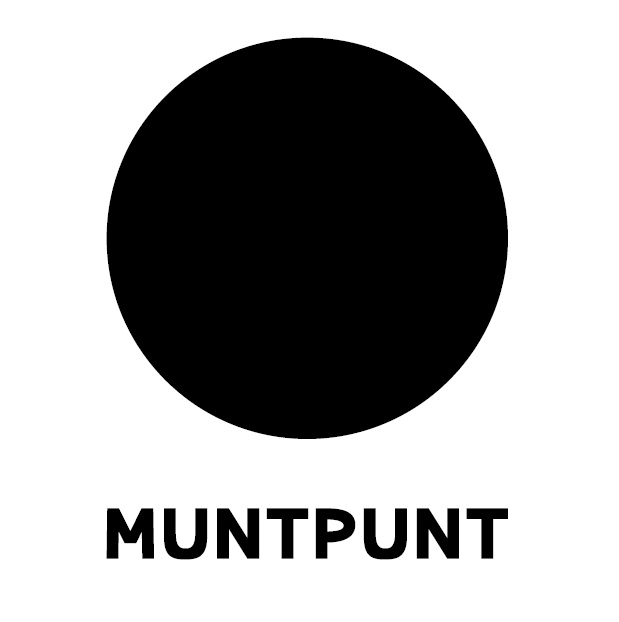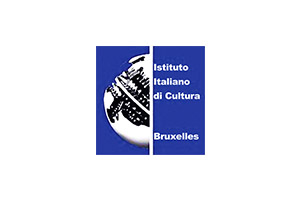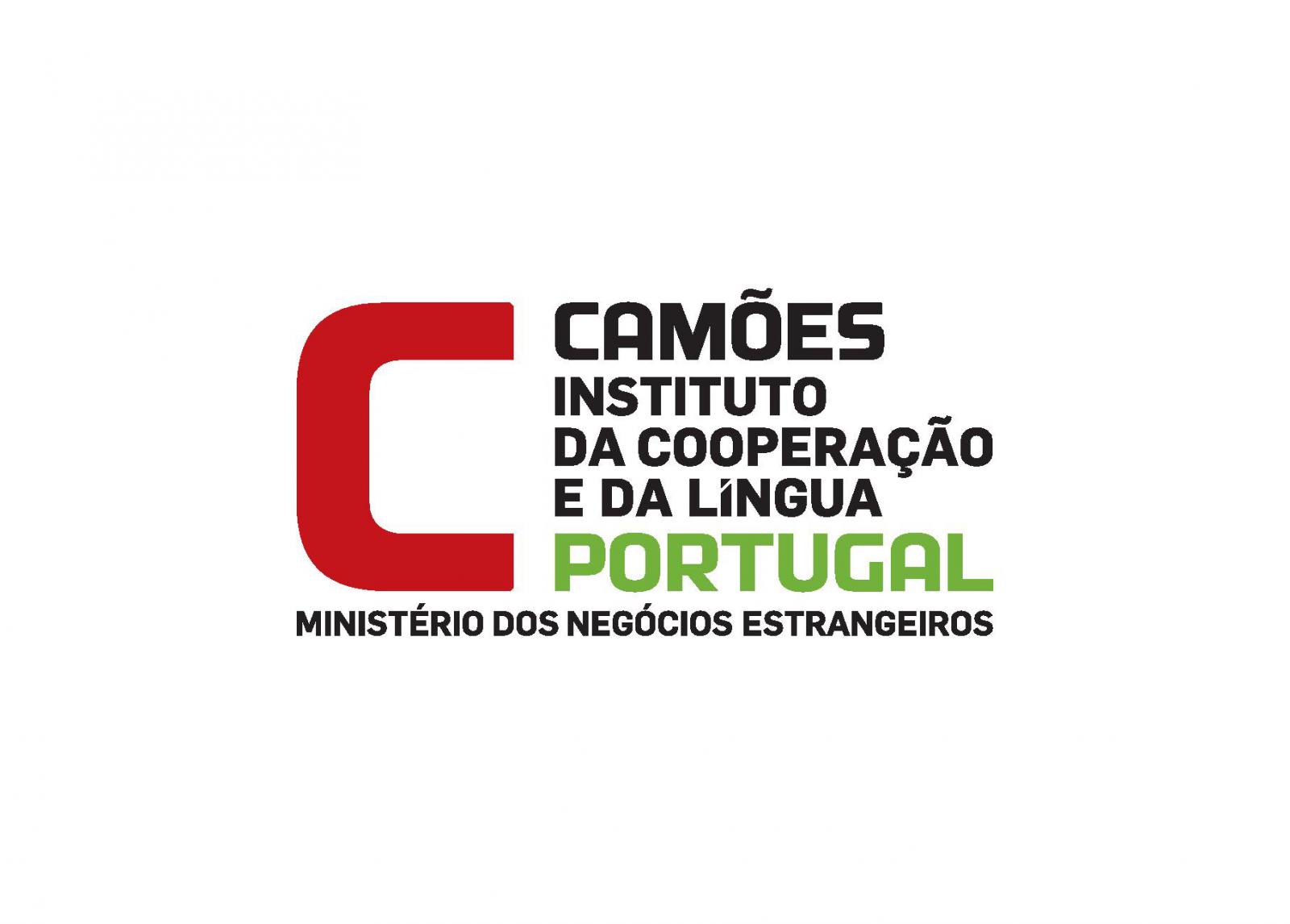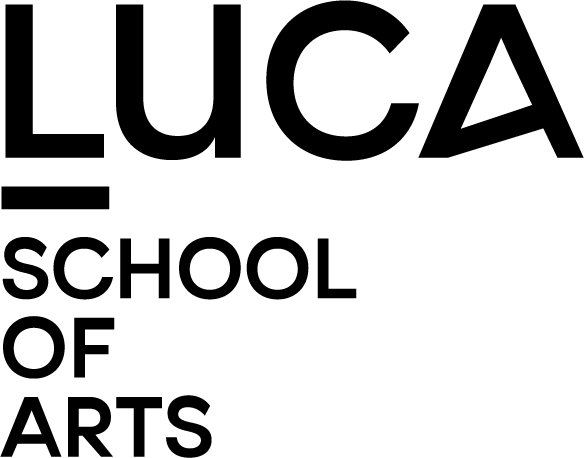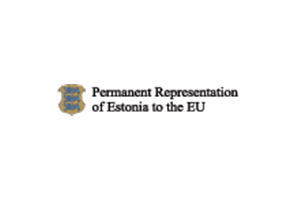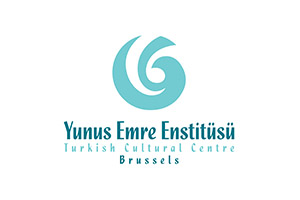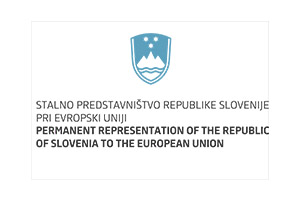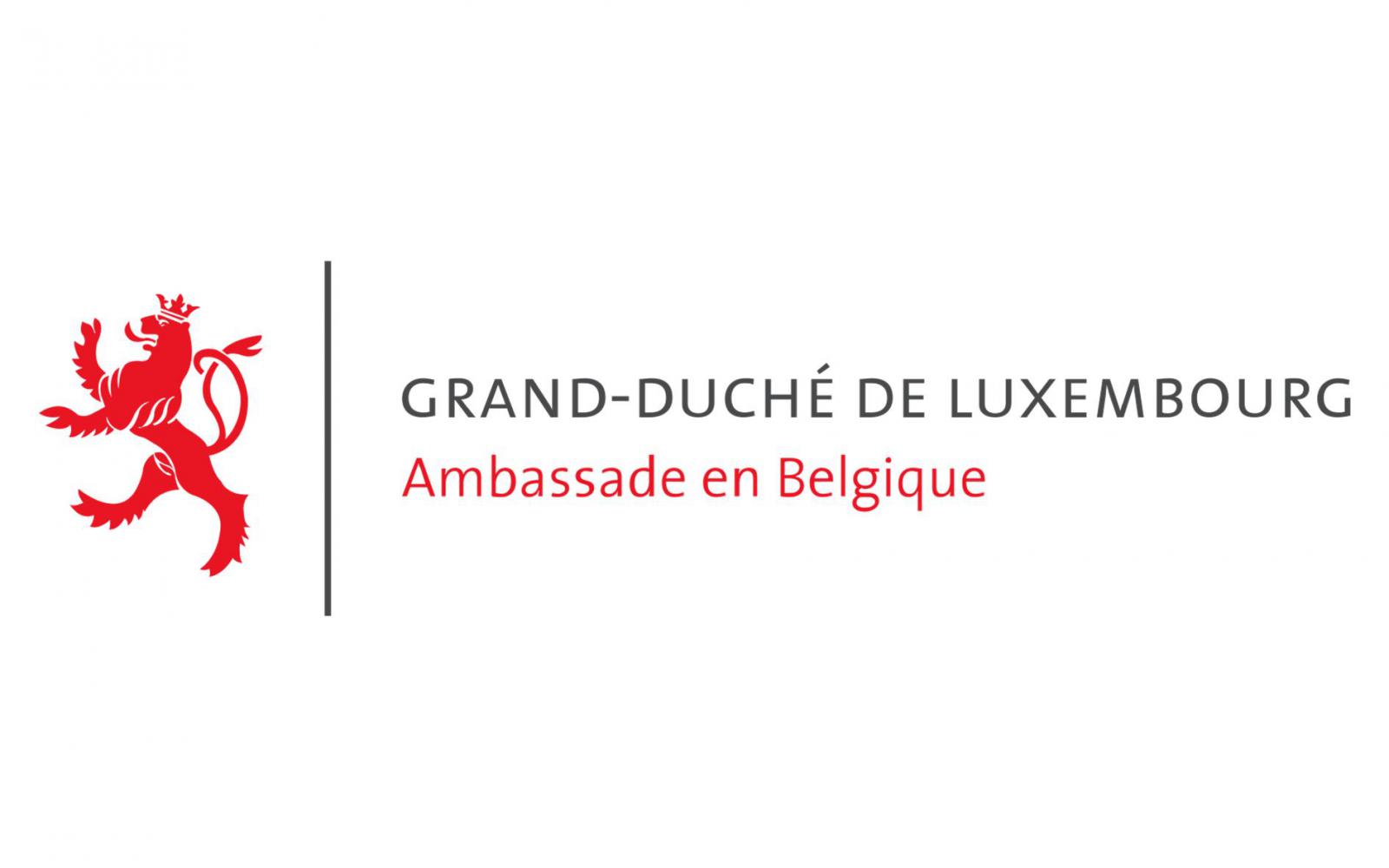Find a poem
Latest updates
-
TRANSPOESIE 2025
09/24/2025 -
Transpoesie 2025 - Programme
09/24/2025 -
Transpoesie 2025 - Open Call
04/16/2025
Lektorzy
Lektorzy
Moja babcia nie rozumiała tego, co czyta.
Tyfus przerwał jej naukę w pierwszej klasie
szkoły powszechnej i zdążyła zapamiętać
kilka wierszyków z elementarza Falskiego.
Do szkoły podwoził ją na furmance mleczarz.
Miała szczęście, bo była chuda, piegowata
i nie przypadła do gustu sprośnemu woźnicy,
który na brudnej derce pomiędzy bańkami
pobierał od uczennic zapłatę w naturze.
Dzięki temu, że babcia lepiej niż czytanie
opanowała wypiek smacznych kołaczy,
to w czterdziestym trzecim darował jej życie
pewien niemiecki oficer, gdy przy jej stole
przypomniał sobie nagle rodzinną Bawarię.
Jego matka czytała mu przed snem „Odyseję”.
Jako mały chłopiec nie rozumiał heksametru,
ale książkę Homera nosił przy sobie całe życie,
to znaczy do czasu, aż niepiśmienny sołdat spalił ją
w łagrze razem z zakrwawionym mundurem.
Choć ominął mnie tyfus i przeczytałam w życiu
trochę więcej książek niż elementarz Falskiego,
na wyspie, gdzie mieszkam, jestem analfabetką.
W mojej głośnej lekturze plaża brzmi jak suka,
klucze są pocałunkiem, prześcieradło gównem.
Jeszcze niedawno, kiedy chciałam powiedzieć,
że czegoś nie umiem, mówiłam: „ja pizda”.
Nie ma niczego słabszego na Ziemi niż człowiek –
napisał Homer. Procentowo nasze ciało wypełnia
głównie słona woda, a to może też znaczyć,
że jakiś szalony Odys chciałby w nas żeglować.
Readers
My gran never understood the things she read.
Typhoid stopped her finishing her first year
of school and all she ever remembered of it
was a couple of verses from her alphabet book.
The milkman gave her lifts to school in his cart.
She was lucky, being thin and freckled
she didn’t catch his eye, unlike others
who, on the dirty tarp among the pails,
paid carriage with their young flesh.
Because she was better at baking delicious cakes
than reading, in nineteen forty three a German
officer spared her life, the smells of her kitchen
reminding him of his family home in Bavaria.
His mother had read him The Odyssey at bedtime.
As a little boy, he didn’t understand the hexameter,
but he carried Homer’s book with him all life long,
that is, until an illiterate Bolshevik burned it
in a far-off gulag, along with his bloodied uniform.
Although typhoid passed me by, and I’ve read
a few books since mastering my own alphabet,
in England, where I live, I am illiterate.
When I speak, a beach becomes a bitch,
keys a kiss, a sheet shit. Not that long ago,
when trying to say I can’t do a thing,
I would call myself a cunt.
Homer said: “Nothing on Earth is weaker
than humans.” Percentage-wise, our bodies
are mostly water, which could also make
some crazed Odysseus set sail inside us.
translation: Marek Kazmierski
Les lecteurs
Ma grand-mère ne comprenait pas ce qu’elle lisait.
Le typhus avait mis fin à ses études en première année
de primaire et elle ne garda en mémoire que
quelques poèmes de son manuel de lecture.
Le laitier la déposait à l’école en charrette.
Elle avait de la chance, elle était maigre, couverte de taches de rousseurs
et n’était pas du goût du charretier salace
qui sur une chabraque sale parmi les bidons de lait
prenait des élèves un paiement en nature.
Comme ma grand-mère maîtrisait la cuisson
de délicieux gâteaux mieux que la lecture,
en quarante-trois sa vie fut épargnée
par un officier allemand qui à sa table
s’était soudain remémoré sa Bavière natale.
Sa mère lui lisait « L’Odyssée » au coucher.
Petit, il ne comprenait rien à ces hexamètres,
mais il avait porté le livre d’Homère sur lui toute sa vie,
c’est-à-dire jusqu’à ce qu’un soldat russe illettré ne le brûle
dans un goulag en même temps que son uniforme tâché de sang.
Si j’ai échappé au typhus et lu dans ma vie
un peu plus de livres que le manuel de lecture,
sur l’île où je vis, je suis analphabète.
Dans ma bouche, plage sonne comme garce,
les clefs sont des baisers, les draps, de la merde.
Il y a peu encore, quand je voulais parler
de fac, je disais foutre.
Rien n’est plus faible sur Terre que l’homme,
écrivait Homère. En proportion, notre corps est surtout
constitué d’eau salée, ce qui peut aussi vouloir dire
qu’un Ulysse fou se prépare à y naviguer.
traduction : Cécile Bocianowski
Lezers
Mijn grootmoeder begreep nooit wat ze las.
Door tyfus was ze niet verder gekomen
dan de eerste klas, waar ze enkele versjes
uit het abc-boek vanbuiten had geleerd.
De melkbezorger bracht haar op zijn kar naar school.
Ze had geluk dat ze schriel was en sproeten had
en dus niet in de smaak viel bij de hitsige man,
die zich op een sjofele deken tussen de melkkruiken
door de scholiertjes in natura liet betalen.
Dankzij het feit dat mijn grootmoeder behendiger was
in het bakken van ronde koeken dan in lezen,
redde een Duitse officier in drieënveertig
haar uit de kaken van de dood, toen haar bakkunst
hem aan de geuren van zijn Beierse heimat herinnerde.
Zijn moeder las hem bij bedtijd voor uit de Odyssee.
Als jongen wist hij niet wat hexameters waren
maar het boek van Homeros droeg hij altijd met zich mee,
tot de dag dat een ongeletterde Russische soldaat
het samen met een bebloed uniform verbrandde in een goelag.
Hoewel tyfus mij bespaard bleef en ik in mijn leven
wel iets verder ben geraakt dan de abc-boekjes,
ben ik op dit eiland, waar ik woon, toch een analfabeet.
Als ik luidop voorlees, klinkt ‘beach’ als ‘bitch’,
‘keys’ zijn een ‘kiss’, en ‘sheet’ steevast ‘shit’.
Tot voor kort zei ik, als ik wilde uitdrukken
dat ik niet in staat ben iets te doen: „ I cunt”.
Er is niets zwakkers op de aarde dan de mens,
schreef Homeros. Ons lichaam bestaat grotendeels
uit zout water, maar ergens is er misschien
een geschifte Odysseus die in ons zou willen zeilen.
vertaling: Alexandre Popowycz

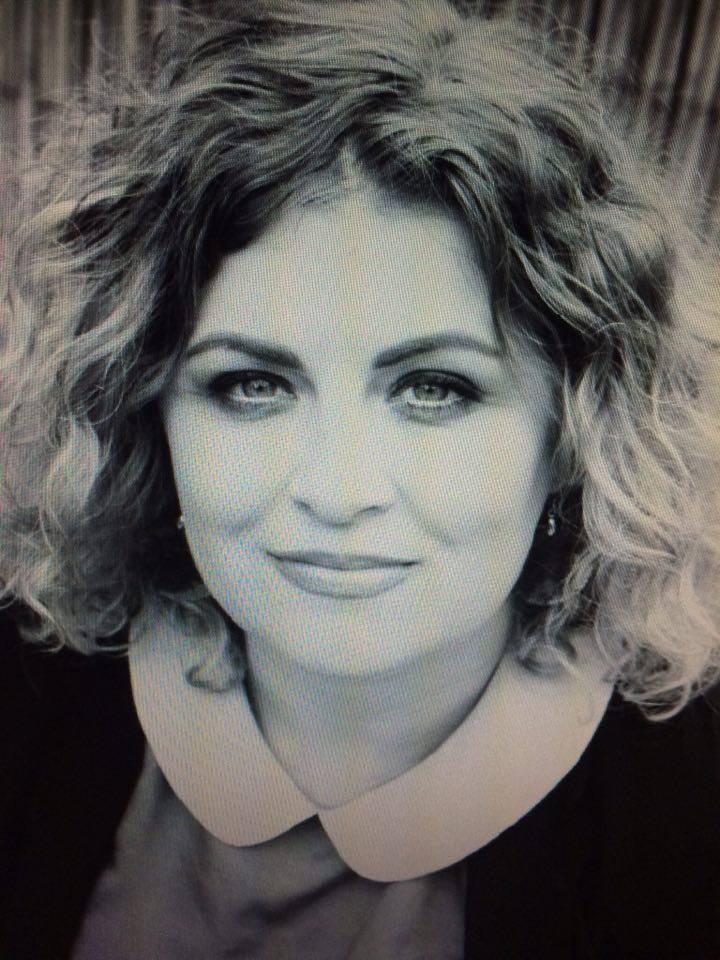
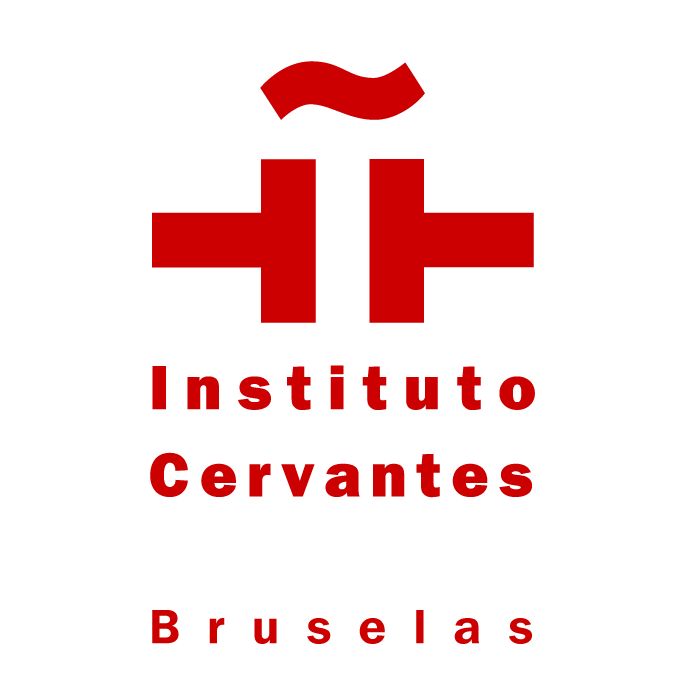
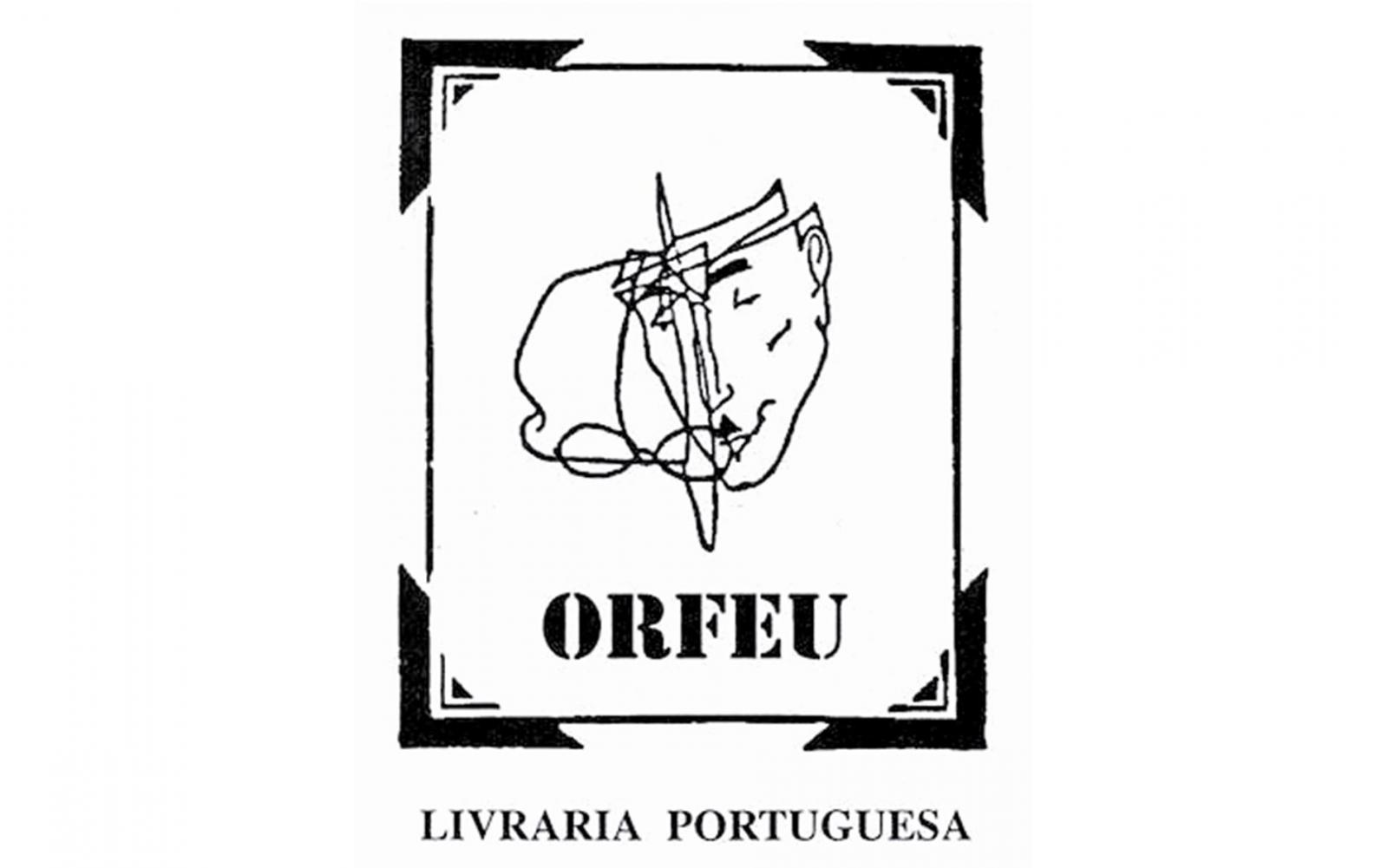
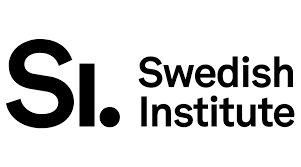
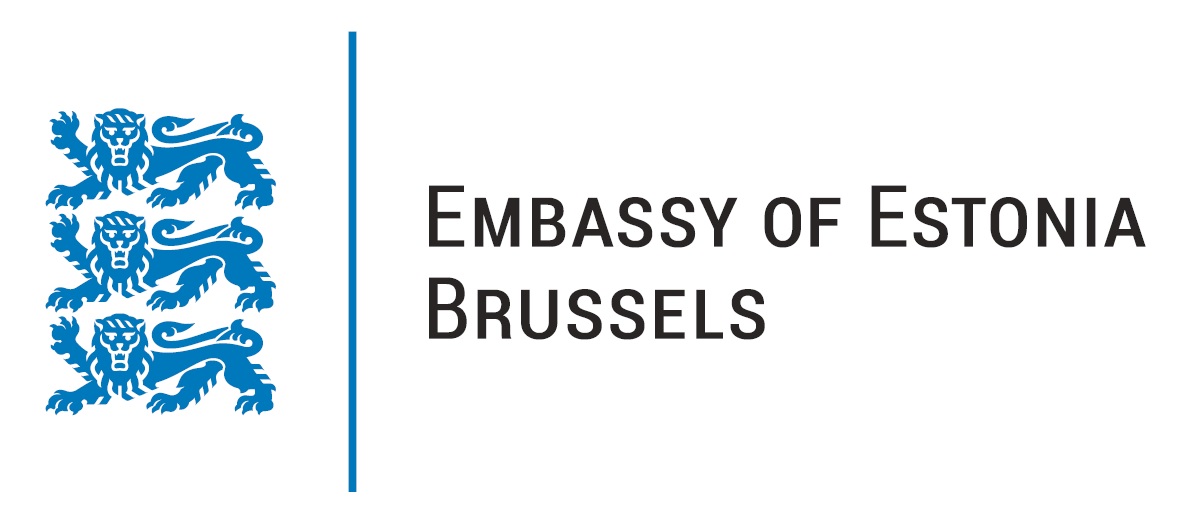

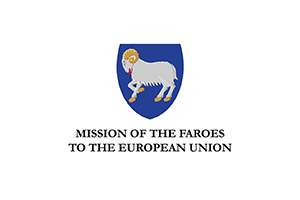
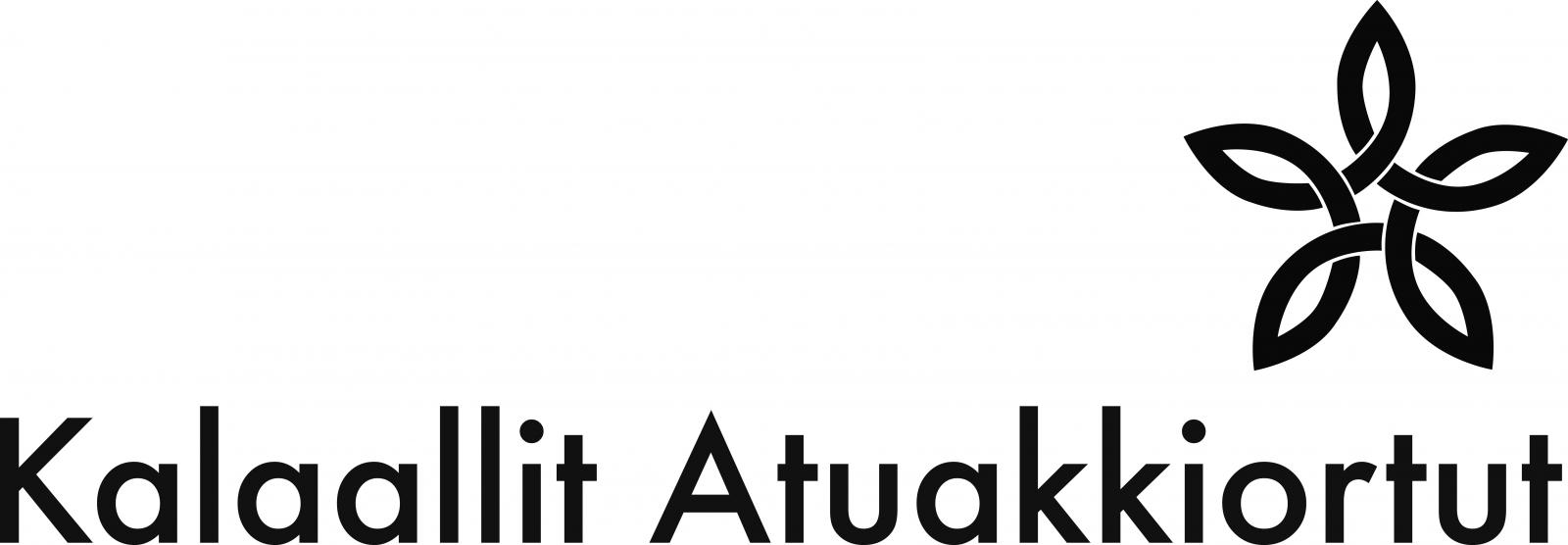



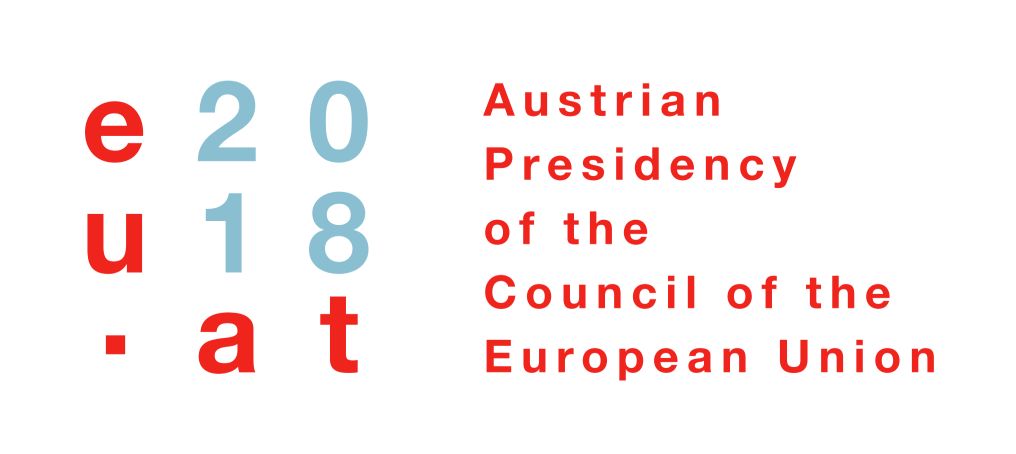



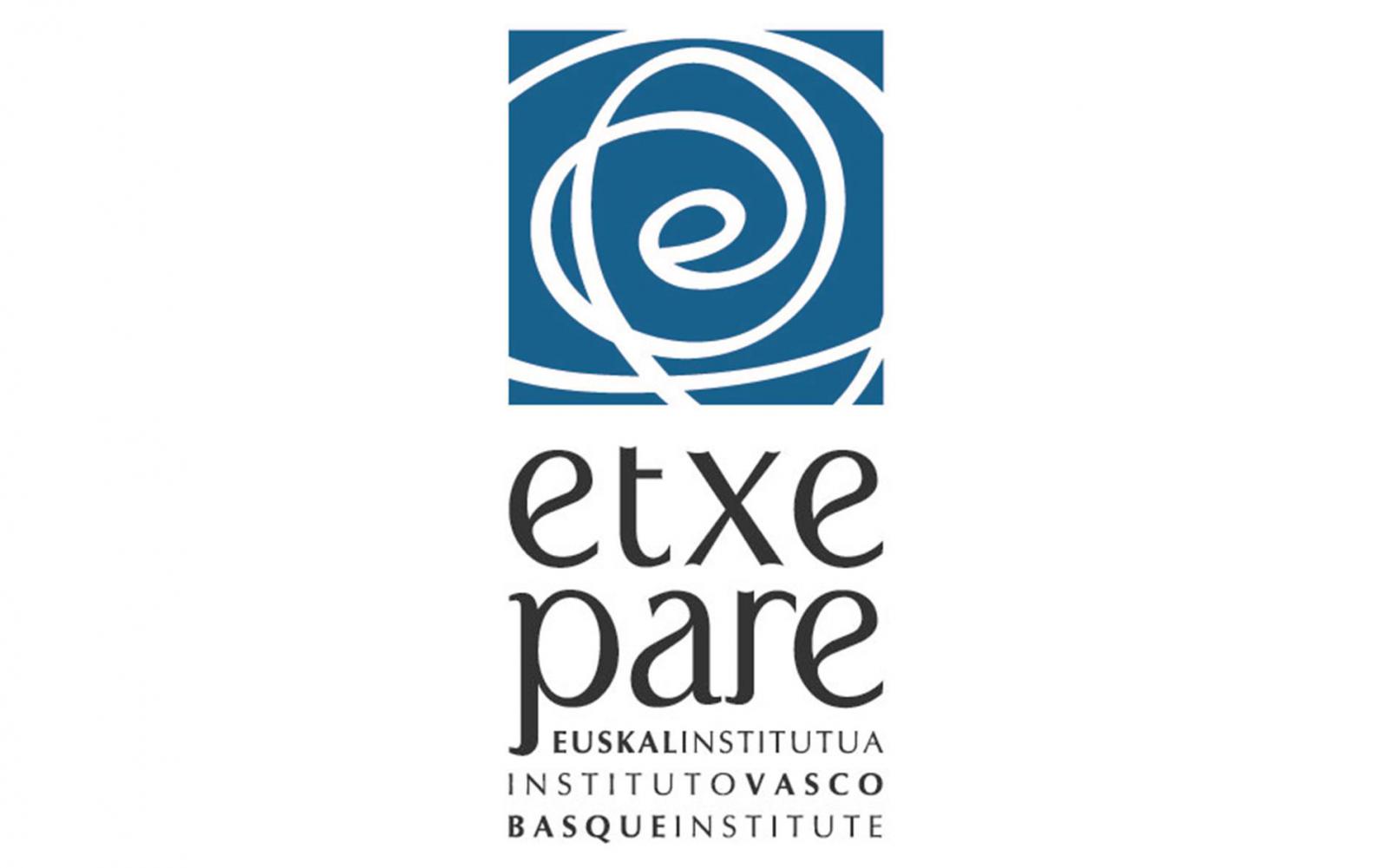
/RO - on the website.png)

